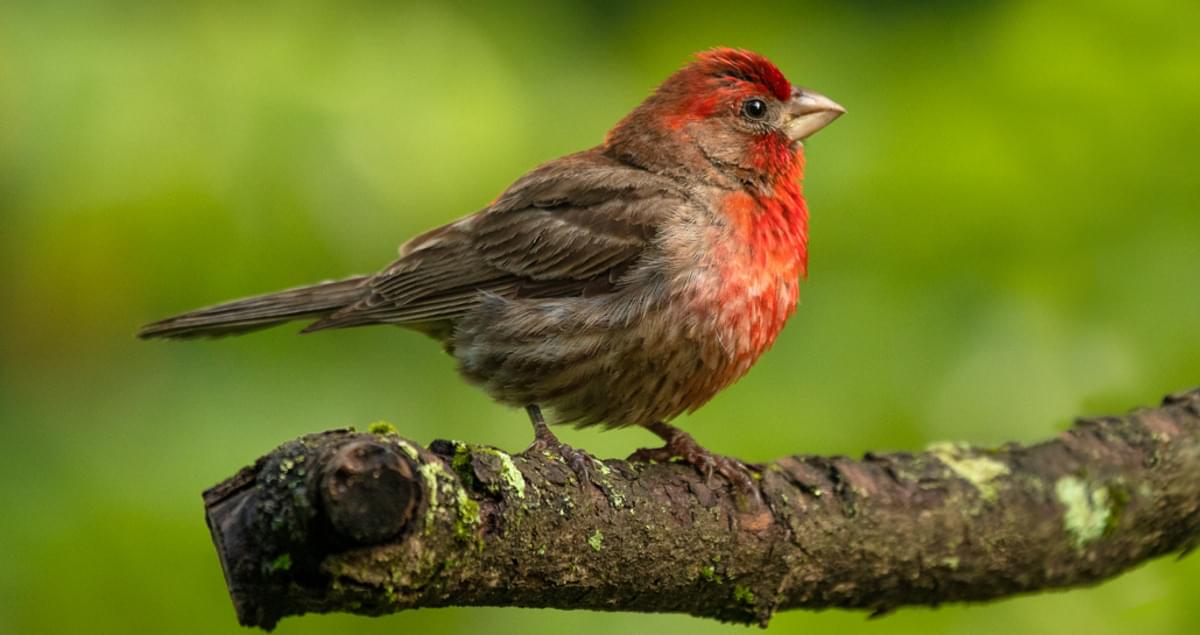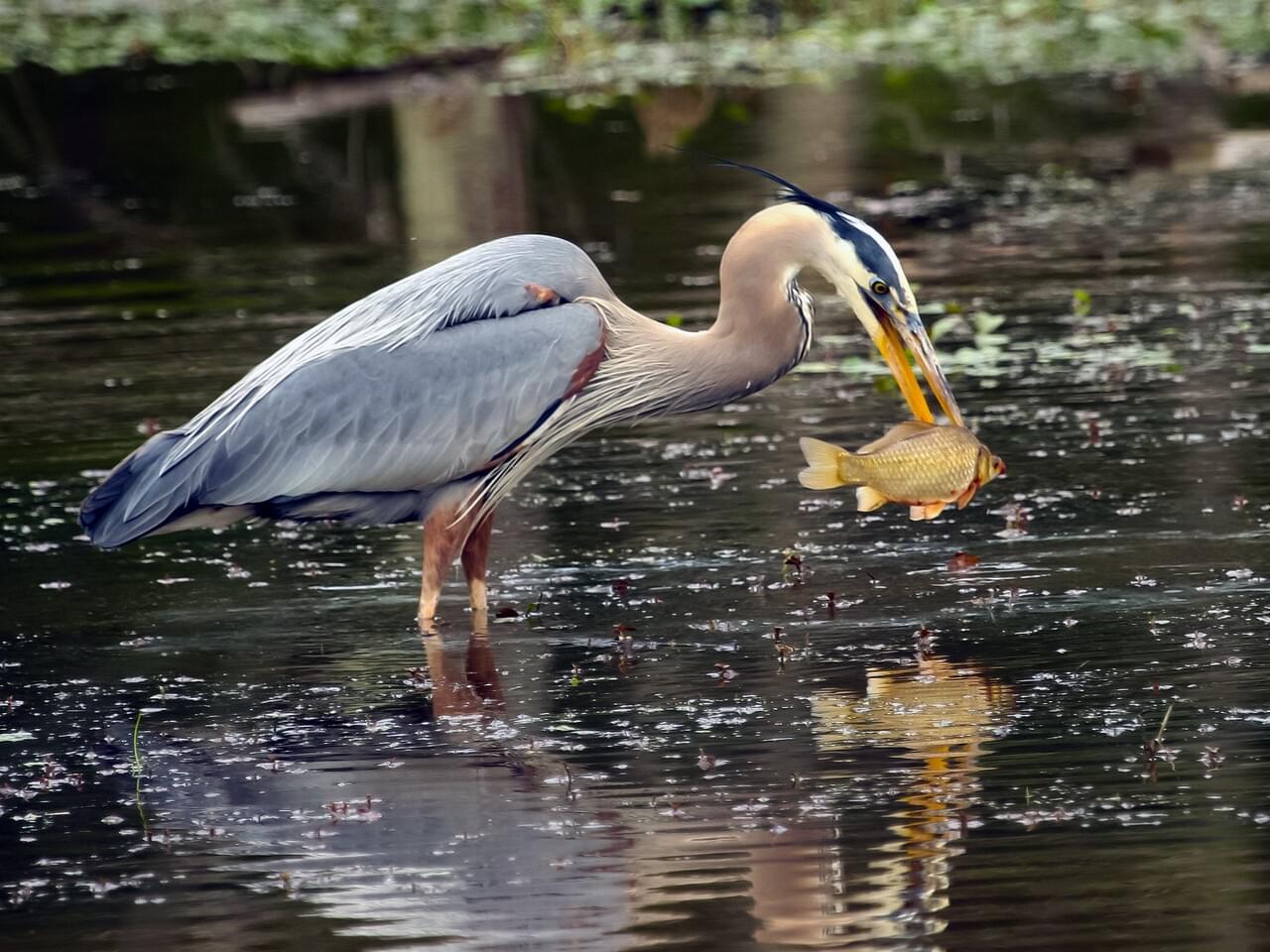We're all trying to survive, all living things. We use our bodies, our physical characteristics, our personality traits, our brains, and LOTS of other tools to help us survive.
Those tools (EVERY living thing has them) are called, in science -
...ADAPTATIONS!
Adaptations are like superpowers that animals and plants (and all other living things) have to help them survive in their habitats.
* It takes thousands of years for adaptations to develop and over time, the most "successful" superpowers get passed down from generation to generation.
For example, if birds eat seeds, fruit, and other animals, what's the BEST way for that bird to get its food with its beak?
...it doesn't have hands like we do!
...it doesn't have teeth like squirrels do!
...it doesn't have a long sticky tongue like a frog does!
So how can birds get their food?
Look out the window, or if it's safe, go outside and look for some birds...
*Their beaks are different shapes and act like different tools!
These different shapes and tools are their adaptations.
...maybe it cracks seeds open? like a finch:
...maybe it stabs a fish? like a heron:
...maybe it rips apart a mouse? like a hawk:
...or maybe it slurps nectar from a flower? ...like a hummingbird:
*Think about different bird beak adaptations.
What tools do you have on your body to help you get your food?
What tools do you have to help you eat?
Maybe you've used a knife to cut meat, your teeth to munch vegetables, or a straw to drink some water.
*Plants have adaptations, too, and a really important one is having flowers that look and smell AMAZING to attract different animals:
*Why would a flower want to attract an animal to it?
*There's pollen and nectar inside the flower.
*When pollen moves around from flower to flower, we call that pollination. The different critters that help with pollination are called pollinators.
*Why do we need pollination and pollinators?
We'll learn more about pollination this week!
I've been reading a lot about the concept of "resilience," that is - the reality of experiencing challenges and working through them. One expert, named Rick Hanson, says that for humans specifically, "It's not about the survival of the fittest, it's about the survival of the kindest."
Humans are unique because our brains are wired to experience difficulties and then to learn from those experiences. Building resilience is one of our adaptations that has helped us survive for thousands of years!








No comments:
Post a Comment